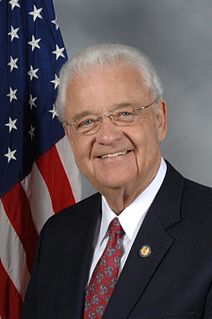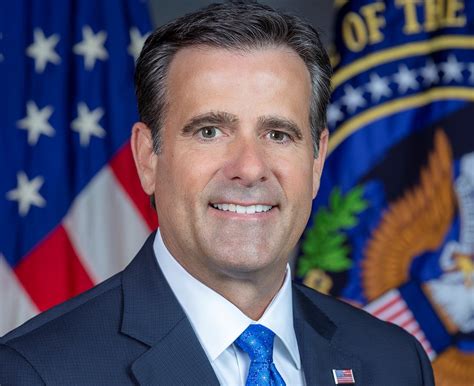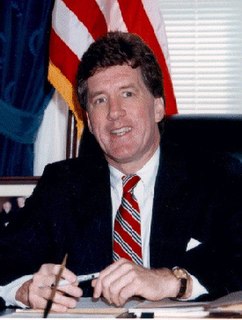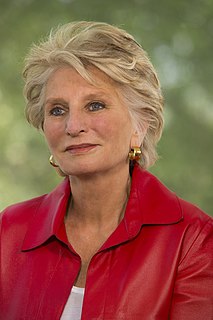A Quote by Ray McGovern
I would have never thought that I would hear myself saying that the president of the United States is afraid of the CIA. But he is. He's afraid of the NSA as well. How else to explain that the National Intelligence director, who lied under oath to his senate overseers on the 12th of March 2013, is still the director of National Intelligence?
Related Quotes
You are also asked to take an oath, and that's the oath of service. The oath of service is not to secrecy, but to the Constitution - to protect it against all enemies, foreign and domestic. That's the oath that I kept, that James Clapper and former NSA director Keith Alexander did not. You raise your hand and you take the oath in your class when you are on board. All government officials are made to do it who work for the intelligence agencies - at least, that's where I took the oath.
Richard M. Helms, the first director of Central Intelligence to rise from the ranks, was fond of saying that the CIA had been founded to make sure that there would never be another Pearl Harbor. Underlying this mission impossible was the wishful supposition that an America that knew everything could prevent anything.
We had the clip of [Donald] Trump saying: I'm not president of the globe. I'm president of the United States.[Ronald] Reagan would have never said that. [Dwight] Eisenhower would have never said that, because he would have said, yes, I'm president of the United States, but it's in our interests to be securing a world order.
There is no part of the executive branch that more exists on the outer edge of executive prerogative than the American intelligence community - the intelligence community, CIA, covert action. My literal responsibility as director of CIA with regard to covert action was to inform the Congress - not to seek their approval, to inform.






























